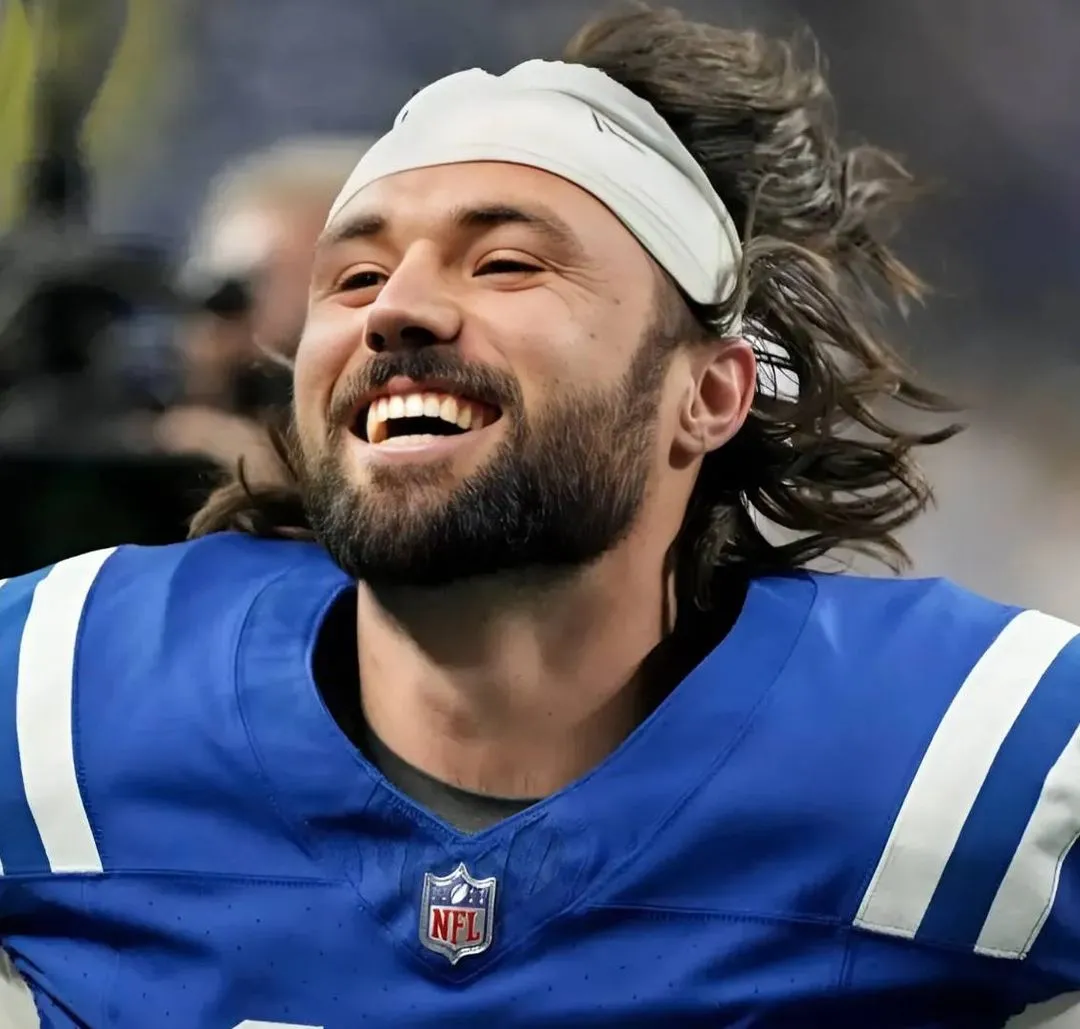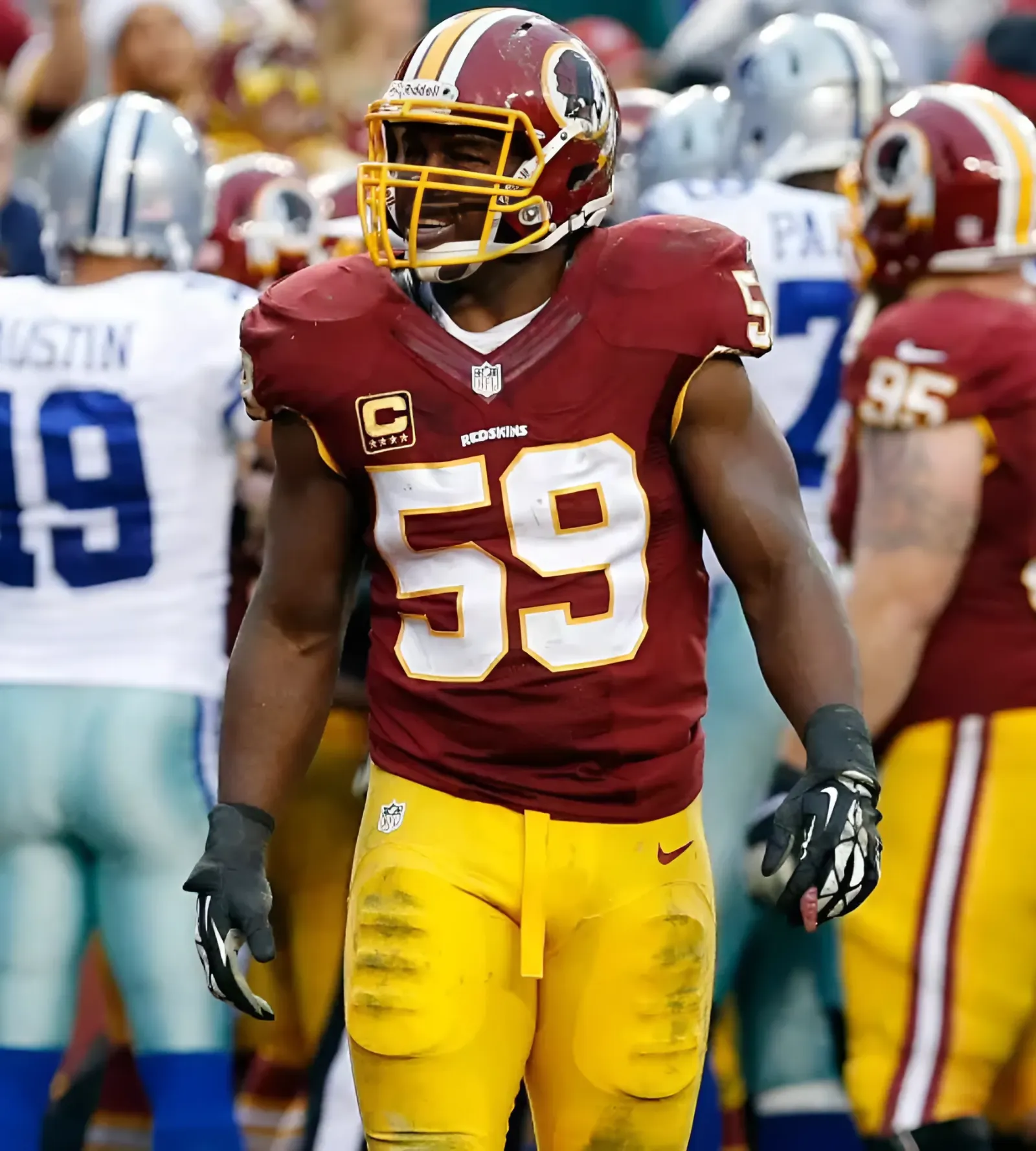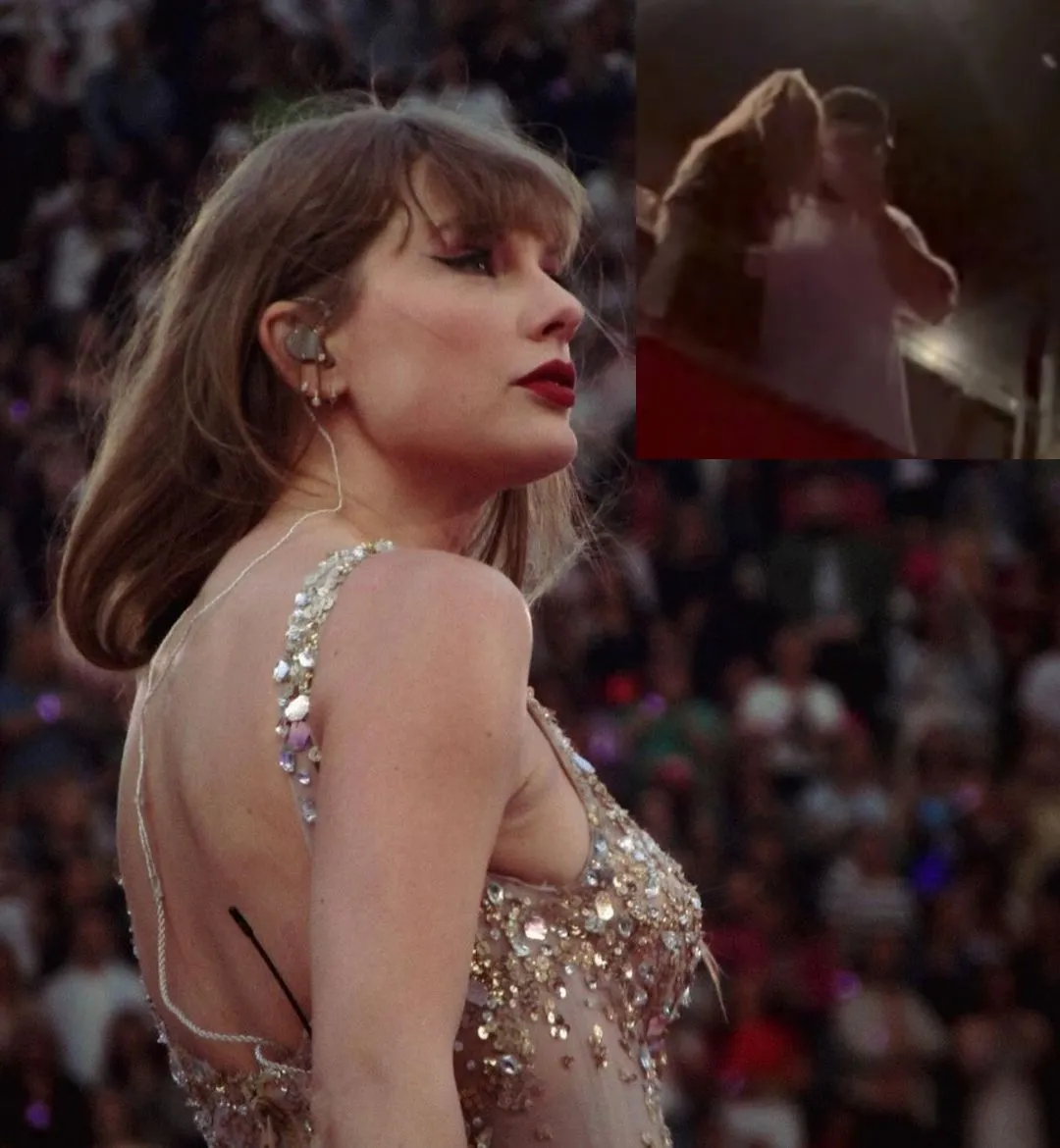When Dan Campbell talked to reporters at the owners meetings and Justin Fields' name came up, the Lions coach didn't hold back.

"I'm not gonna lie, it's nice to have Fields out of the division," Campbell said.
As the saying goes, better the devil you know than the one you don't. Or is it, be careful what you wish for?
Either is applicable here as Campbell applauded Fields' departure for one reason: Unscripted first downs and touchdowns via the run. Fields' running helped the Bears own what looked like an insurmountable lead in Detroit with 4 1/2 minutes to go last year, and it wasn't. His legs also were keys in the 28-13 Bears win later at Soldier Field.
The Lions were one of the few teams finding Fields' running too tough to handle. Green Bay sure didn't.
NFC North opponents will have time to get a better look at the new quarterback this year because the Bears do not play a division game until Nov. 17 against Green Bay.
By then they might realize some of the truths other teams will witness first hand, facts that disprove the myths building up over the offseason.
It's possible they'll long for the good old days then, the ones when the Bears quarterback had trouble breaking 2,600 yards passing in a season.
Here are the five ways Williams could surprise the NFL. The league might find, as the Bears have in another way, that Williams is not the player who had originally been advertised.
Caleb Williams running the football pic.twitter.com/QOm9JASQZM
— Ian Hartitz (@Ihartitz) March 18, 2024
The Runner
The great Bears debate prior to the draft was whether to keep Justin Fields or draft Williams.
Those long runs by Fields satisfied many fans, who remained oblivious to the team's team-record 14 straight losses or blamed it on a poor defense or lack of talent on offense or Matt Eberflus.
The truth is, Campbell might get the worst of both worlds now when he faces the Bears. Bears fans might get the best of both worlds.
Williams obviously is a much better passer than Fields based on his throwing performance under pressure in college. But he also gives the Bears a real running option.
The college totals for Williams were 442 yards gained, 382 and 121. He ran for 27 touchdowns in three years, the same number as Jayden Daniels over his final three college seasons and running is Daniels' great strength.
Those yardage totals might not turn heads but in college you must remember the rushing yards include yards lost for a sack. It isn't this way in pro stats. Williams lost 121 yards on 20 sacks at Oklahoma, then 525 yards on 65 sacks in two years at USC. Add 646 more yards rushing to Williams' career rushing total and 1,631 looks much more impressive.
He'll burn a team with the run if he must, but is looking to throw it. He never ran a 40 time for the combine but has been reportedly been clocked at 4.59 seconds, which is plenty fast enough to take advantage of a defense's coverage with a run and slide or a run out of bounds to move the sticks.
When it comes to Caleb Williams, plays like this get me much more excited than the 10+ second highlight extensions -- watch this pocket movement.
RT beat, steps up. Feels LT & LG losing, sinks back for space. Whips a 3rd down completion amidst chaos. Rare pocket feel imo. pic.twitter.com/pLPQHTegbo— Robert Schmitz (@robertkschmitz) April 15, 2024
Pocket Passing
There is this assumption built up due to the rants of people like Merril Hoge and Dan Orlovsky. They criticized Williams for holding the ball too long all the time before he completes passes outside the pocket. They complained about it so much that it became reality to many.
When PFF did a breakdown of all college passers last year, they gave Williams the highest grade in the country for his passing from a clean pocket. The grade number was 93.4, for what that's worth. They gave him 17 big-time throws, which is a vague term, and only two turnover worthy throws. This was the lowest turnover worthy total of any QB in this year's draft class.
It would be easy to look at this and say it still doesn't mean he passes from this clean pocket enough.
According to a study of Williams made by Robert Schmitz of Da Bears Blog, Williams scrambled only 3% of the time from a clean pocket. He's staying and throwing it and is not leaving unless it's required. When he does stay, he's accurate.
Caleb Williams with a GT tunnel screen TD pass. I love this play/design. So much cross action. Center...go get yourself one.
Full video for the QBSPC only.
Join: https://t.co/l0CJd0zOlL pic.twitter.com/OQLKAZROus— The QB School (@theqbschool) May 3, 2023
Short Passes
The common view of Williams from the complainers is he plays hero ball and goes outside the pocket to risk it all by heaving it far downfield. For one thing, if he did then he sure did it well because he had only 14 career interceptions and 93 TD passes. But this perception isn't even true. Williams was ranked PFF's No. 1 short passer in the country last season.
"The Trojans' signal-caller produced 7.3 yards per attempt with an incredible 84.4% adjusted completion rate on throws targets 9 yards or less downfield, all without recording a turnover-worthy play—one of just two draft-eligible quarterbacks to throw none," Sikkema wrote.
He didn't get to be The 33rd Team's most accurate passer in college last year by heaving wild incompletions downfield from outside the pocket on the run.
11 Sundays until we see Caleb Williams and #DaBears take on the Titans at Soldier Field pic.twitter.com/aECy1hhYCF
— Six Point Sports (@SixPointSports) June 23, 2024
Holds the Ball
Williams will hold it a long time when he gets outside the pocket looking for a receiver, or before he decides to run. In fact, Schmitz said his average scrambles took over 6.5 seconds. This isn't because he's running long distances. It's because he tries to avoid going downfield as long as possible until he takes off and runs.
His time to throw is held up by looking for targets while on the move, but he's going to give the receivers every chance he can before running with it.
Sikkema looked at Williams' passes when the pass blocking broke down last year for USC and then subtracted those and found "...if you take those away, his time to throw within structure is exactly like everybody else's."
The time in those cases was 2.5 or 2.6 seconds, Sikkema wrote.
Caleb Williams against ranked teams
pic.twitter.com/UVXoGqXG7L— king (@MrKingBaller) October 22, 2023
Winning Mentality
Williams and the USC offense last year was backed by one of college football's worst defenses. They were 115th in FBS schools last year at yards allowed, 104th the previous year and 75th when he was at Oklahoma.
When Williams was quarterback and his defenses allowed less than 34 points, he had a 12-0 record as starter. He knows how to play to the defense and be conservative if necessary, and to work for the first downs and not the touchdowns.
Consider what he could do as quarterback for a team in the NFL that had a defense ranked in the top 10. Consider what he could do if backed by a defense not always failing and putting pressure on the offense to win.
Marshawn Lloyd ( @m_lloyd_2 ) - the best & most slept on running back in this #NFLDraft
Caleb Williams ( @CALEBcsw ) - a generational quarterback that everyone loves to hate on.
Both will silence the critics very soon😈#FightOn ✌🏿@uscfb #NFLCombine2024 pic.twitter.com/M8xoYo7Tph— Sacramento Trojan ✌🏿 (@916Trojan) March 4, 2024
The ability to overcome poor defense and last year's poor pass blocking at USC paint a different picture of Williams than the uncompetitive, spoiled nature described by ESPN's Greg McElroy in his assessments this offseason.
Nothing the Bears have seen in the offseason to date supportss any of the critics' shots at Williams in the offseason.
When the hitting begins more will be known, but Williams' performance while it went on in college really did nothing to make anyone think he'll be the QB who lets Campbell feel relief that Fields is now warming a bench in the AFC North.
I have never seen a QB escape the pressure and throw a “hook shot” as they are running out of bounds. Caleb is 1 of 1 🐻⬇️ pic.twitter.com/QxhebkZdEE
— Caleb Williams Fan Club (@CalebFC18) May 7, 2024



